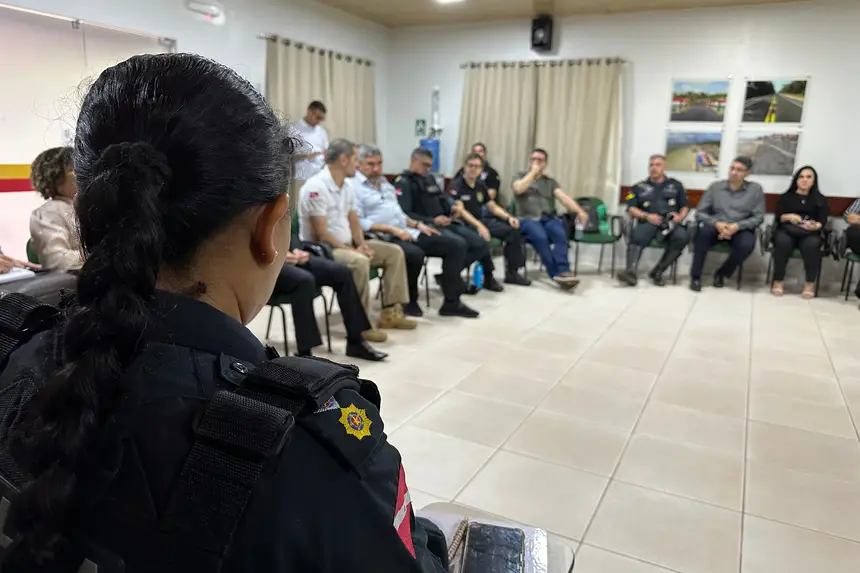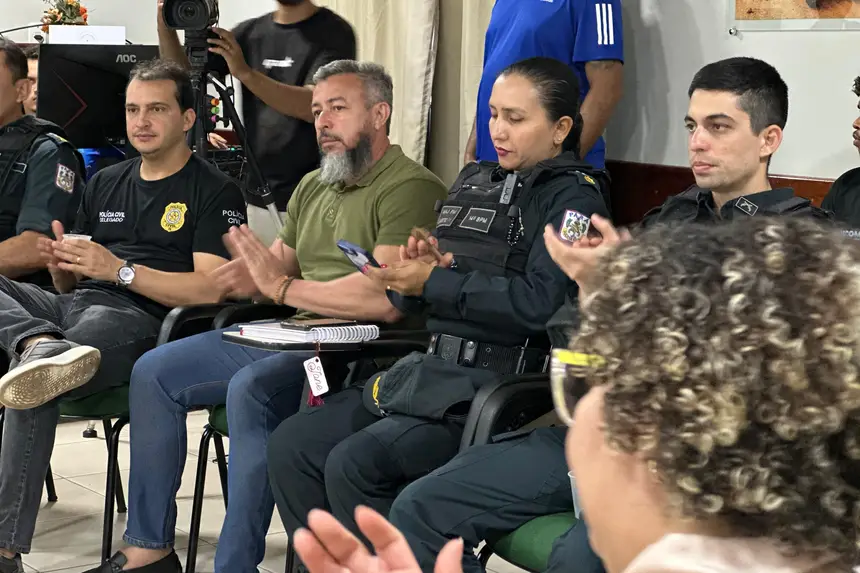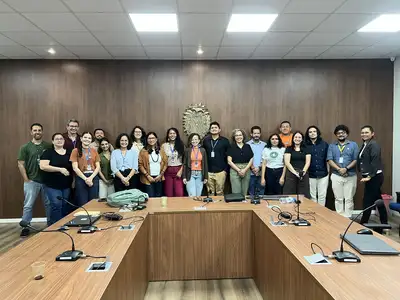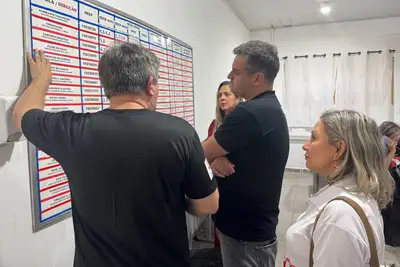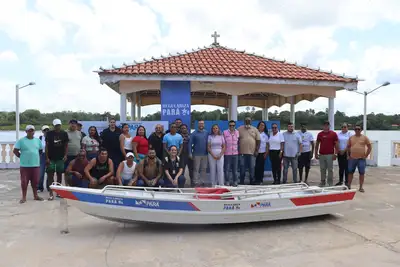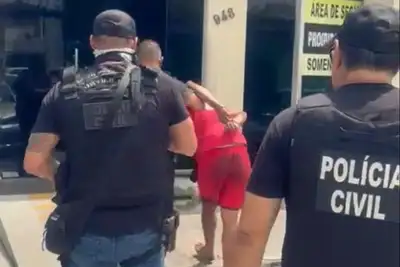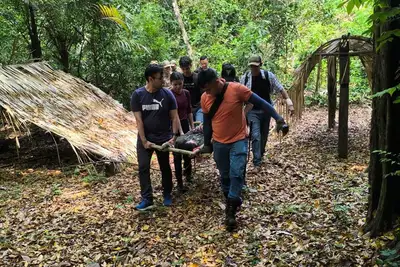In Barcarena, State Traffic Council (Cetran) starts new meeting policy in Pará municipalities
New strategy seeks closer proximity with traffic operators and society
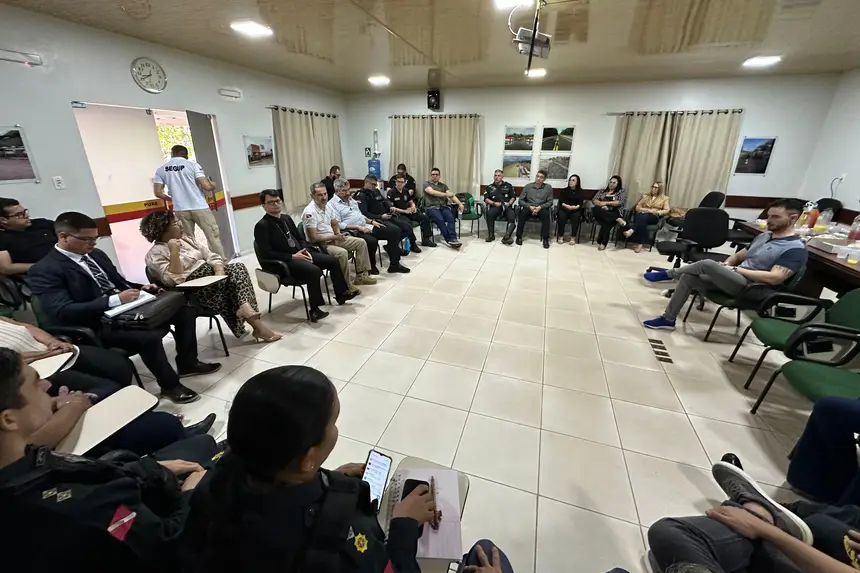
Amid the programming of May Yellow, which aims to raise awareness about safer traffic, the State Traffic Council (Cetran), linked to the Secretary of Public Security and Social Defense (Segup), held its monthly meeting last Thursday (15/5) to discuss improvements and challenges faced in Pará municipalities. Uniquely, the meeting was held in the municipality of Barcarena, marking the beginning of the policy of decentralizing Cetran's actions, with meetings outside the capital to bring the agency closer to traffic operators and the local population.
The meeting took place in the administrative building of the Barcarena City Hall and was led by the president of Cetran and Secretary of Public Security, Ualame Machado. Representatives from the Municipal Security Secretariat, the Municipal Traffic Department, the Military Police, the Civil Police, and organized civil society participated.
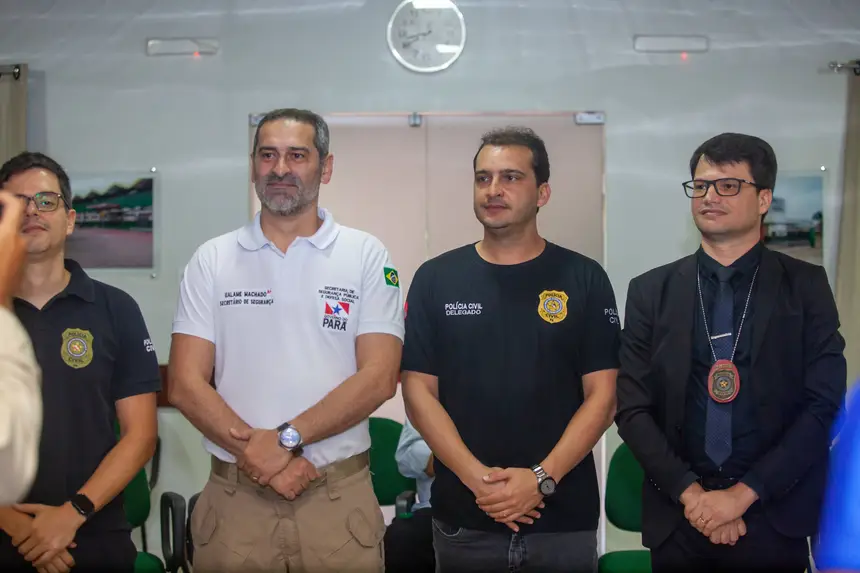
The secretary highlighted that this was the first time the Council met outside the capital, with the aim of directly hearing the traffic operators of the municipality, allowing the exposure of the problems faced locally and their impacts on public safety.
“This is the first time we have met outside the capital, an important milestone to strengthen the ties between Cetran and the Pará municipalities. We believe that by decentralizing Cetran's meetings, we can strengthen our relationship with each municipality, ensuring that traffic policies reflect local needs and realities. This is a fundamental step towards safer and more efficient traffic throughout the state of Pará,” said Ualame Machado.
The councilor and executive secretary of Cetran, Colonel of the Military Police Jorge Aragão, explained that the Council has been working this year on modernizing its routines to optimize the time dedicated to procedural analyses. The new policy of interiorization seeks precisely this greater proximity with traffic operators and the population.
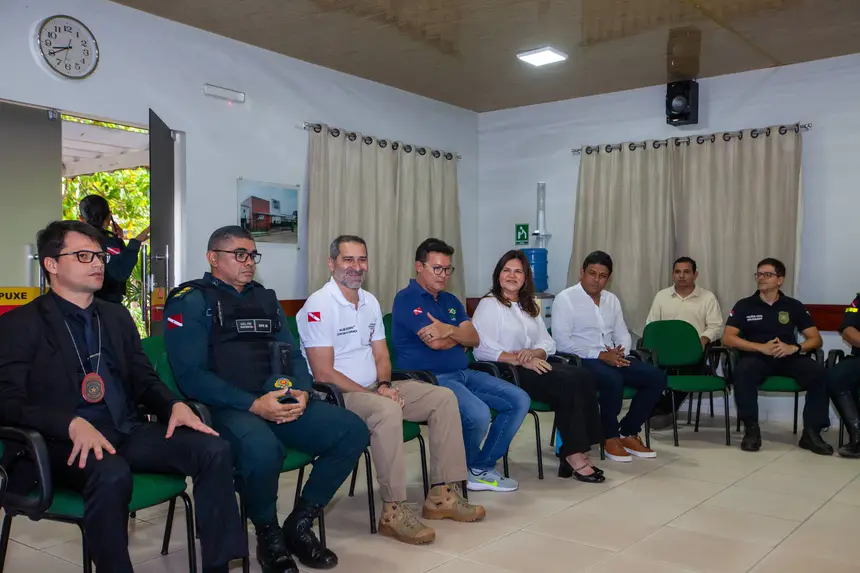
“Pará is a gigantic state and has many regional specificities. We started this policy in Barcarena, as it is more accessible at this first moment and has received the proposal with great enthusiasm. We listened to the operators and the local society to better understand the problems and difficulties faced in the day-to-day traffic,” highlighted Aragão.
The issues presented during the meeting will be analyzed by three thematic committees of the Council – Road Safety, Traffic System, and Traffic Education. These groups will be responsible for proposing solutions to the identified problems, as a starting point for a more aligned action with the realities of the municipalities.
“From there, other municipalities will be selected to share the solutions already found, as well as to develop new strategies to face local challenges,” explained the executive secretary.
About Cetran – The State Traffic Council is the coordinating, regulatory, and advisory body responsible for promoting the integration of municipalities into the National Traffic System. Cetran is composed of the State Traffic Department (Detran), Military Police, Civil Police, State Department of Transportation (Setran), Federal Highway Police (PRF), and the State Highway Battalion.
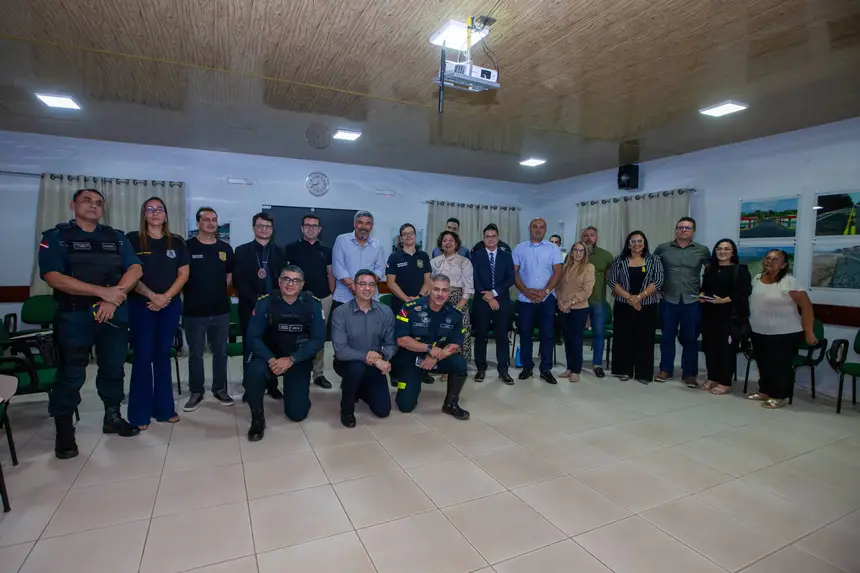
The Council also includes representatives from the municipalities of Belém, Ananindeua, Castanhal, Marabá, and Santarém, as well as institutions such as the Union of Passenger Transport Companies (Setransbel), the Union of Logistics and Cargo Transport Companies in the State of Pará (Sindcarpa), the Union of Road Workers in Passenger Transport Companies (Sintritur), the Social Transport Service, and the National Learning Service for Transport (Sest/Senat), and the Brazilian Bar Association (OAB).


